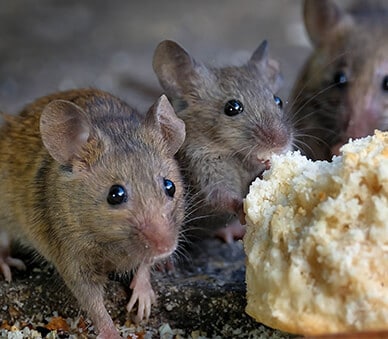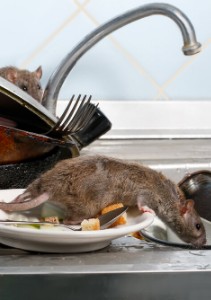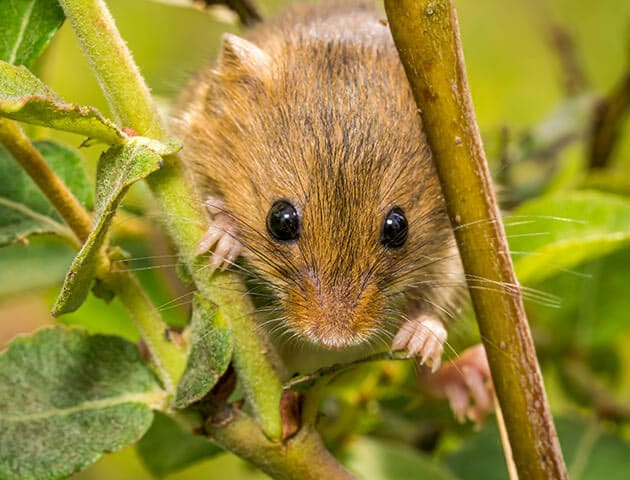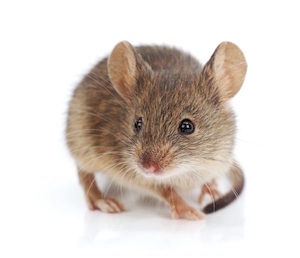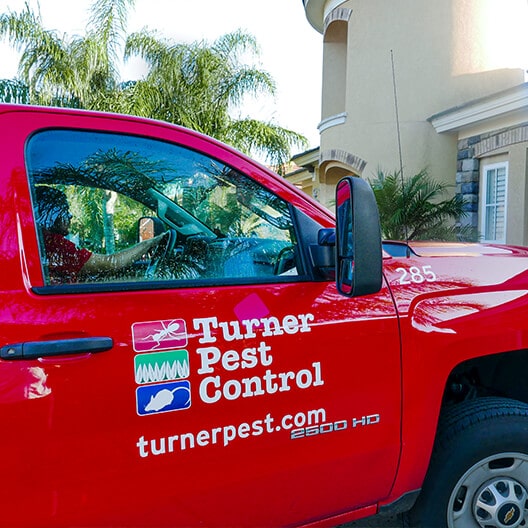FAST, EFFECTIVE EXTERMINATION OF MICE AND RATS
When you have rodent trouble, a solution can’t wait.

RODENT CONTROL THAT SOLVES TODAY’S PROBLEM AND PREVENTS TOMORROW’S.
A few rats or mice can quickly become a dangerous infestation. Call us in Port St. Lucie at the first sign of rodent activity.
There’s no need to put up with even one mouse or rat in your Port St. Lucie home when our expert exterminators are just a call away.
Here’s what you can expect from our Port St. Lucie rodent control service:
A FREE INSPECTION
During a thorough inspection of your property, we locate all of the places where rodents may enter, nest, and travel through your home.
A TAILORED PLAN
Our analysis is the foundation for a plan that’s customized to your unique needs and to the severity of the infestation.
TREATMENT CHOICES
Every customer’s needs are different, so we offer you choices: a rodenticide in bait form, or snap traps that are safer for children and pets.
MONITORING
We place traps or bait in strategic locations throughout your home, then return at regular intervals to empty and relocate traps until your problem is resolved.
WHAT TO KNOW ABOUT RODENTS
Some household pests are just annoying, but rodents pose a number of threats that make professional extermination a must.
DANGERS
Rodents can carry diseases that can be contracted by having contact with their feces, saliva, urine, or bodies, or by being bitten. They also indirectly spread disease through insects that have fed on them.
DIET
Mice and rats will eat any type of food they find. While they don’t consume wiring or wood, they chew them to sharpen their teeth or create nests. Chewed wiring in your home or vehicle can lead to a fire.
INFESTATION SIGNS
Even if you don’t see a rodent, you may see their signs: droppings along baseboards, in boxes, or where food is stored or prepared. You may see damage they’ve done to food packaging or hear them moving around.
PREVENTION
Keep rodents away by taking away their access to your food—store food in sealed containers that rodents can’t chew through. You should also find and eliminate their entry points, even those as small as a quarter of an inch.
EXTRA PROTECTION
Contact Turner Pest Control for premier rodent control and prevention
DON'T WAIT TO CALL FOR HELP WITH YOUR RAT OR MOUSE PROBLEM.
Estimate on any of our services—including rodent control for your Port St. Lucie home—are always free, and there’s never any obligation to sign up for service.
CALL ON THE RODENT EXTERMINATION EXPERTS AT TURNER PEST CONTROL IN PORT ST. LUCIE
Some of the least welcomed home invaders include rats, mice, and other rodents. So, if you’ve got some of these disease-carrying pests in your Port St. Lucie home, you’ll want rapid extermination and a way to proactively keep them from returning. Request your free, no-obligation quote for our Port St. Lucie rodent extermination service today.
EXTERMINATING AT THE FIRST SIGN OF TROUBLE
If you’ve seen one mouse in your home or a single rat, there’s a good chance that there are plenty more hiding out. Rodents multiply rapidly and can carry diseases, which is why it’s important to address the infestation at the first sign of its presence.
Early signs of a rodent problem including rat or mouse droppings in areas like your kitchen cabinets and pantries, and along baseboards. Or you might see signs on gnawing on pet food bags or packaging of dry foods, or in your wiring. Rodents have even chewed through cables and been blamed for starting house fires.
Another sign of their presence? Sound. Rats and mice are experts at hiding, but you may hear their rustling sounds, especially after dark. This could indicate nesting behavior.
Although none of the early signs mean that a rodent population is definitely in the home, it does suggest this could be true. When you contact us, our trained technicians can determine entry points for rats or mice; set baited traps to address your current challenge; and create a plan to help prevent any future infestations.
MEASURES YOU CAN TAKE
A key strategy is to cut off their food supply. Rodents enjoy eating the crumbs left on countertops and on stove tops, so wipe them off thoroughly. Store dry foods such as cereals and grains in airtight containers, ones that are chew proof. Make sure that, after meals, your pet bowls are empty, with no spilled food bits around them.
The reality is that some rodents are sneaky enough to slip into homes when there is only a quarter of an inch wide opening. So find those and seal them off. Entry points of choice for rats and mice can include the chimney, roof vents, openings in the attic, and places where utilities come into the home.
If there’s a possibility that a rodent problem exists in your Port St. Lucie home, be sure to wear gloves, along with a mask and goggles, while cleaning up where there could be rodent droppings and urine. You don’t want to touch them or breathe in contaminated dust. Even if rats and mice aren’t carrying disease, their waste can harm people who suffer from allergies.
And, if they do carry disease, the varieties can be a threat to health. According to the Centers for Disease Control and Prevention (CDC), rodents can carry more than 35 kinds of diseases. Humans can directly contact rat-bite fever, the bubonic plague, salmonellosis, hantavirus and more from them. This can occur because of a rodent bite, coming in contact with their saliva in another way or, as mentioned above, through feces or urine.
Rodents can also infect humans in an indirect way—and that’s when someone is bitten by a flea, tick, or mite that has fed upon rats or mice that are infected with disease.
PORT ST. LUCIE RODENT CONTROL SERVICES
Our friendly, skilled technicians provide the prompt, effective rodent extermination services you need to rid your home of these troublesome pets. Our professional pest control team is QualityPro certified by the National Pest Management Association, something that fewer than 3 percent of our country’s pest country companies have earned.
This means that, by choosing Turner Pest Control, you’ll receive personalized care from a provider with a track record of proven excellence. This includes in technician training, business operations, consumer relations, and environmental stewardship.
We provide affordable pest control programs to fit your budget, with appointment times you can count on. Turner Pest Control never charges contract cancellation fees and, if you’re ever dissatisfied, we’ll return until you’re happy—at no cost to you.
Port St. Lucie Rodent Control FAQs
Don’t see your question answered? Get in touch today!

